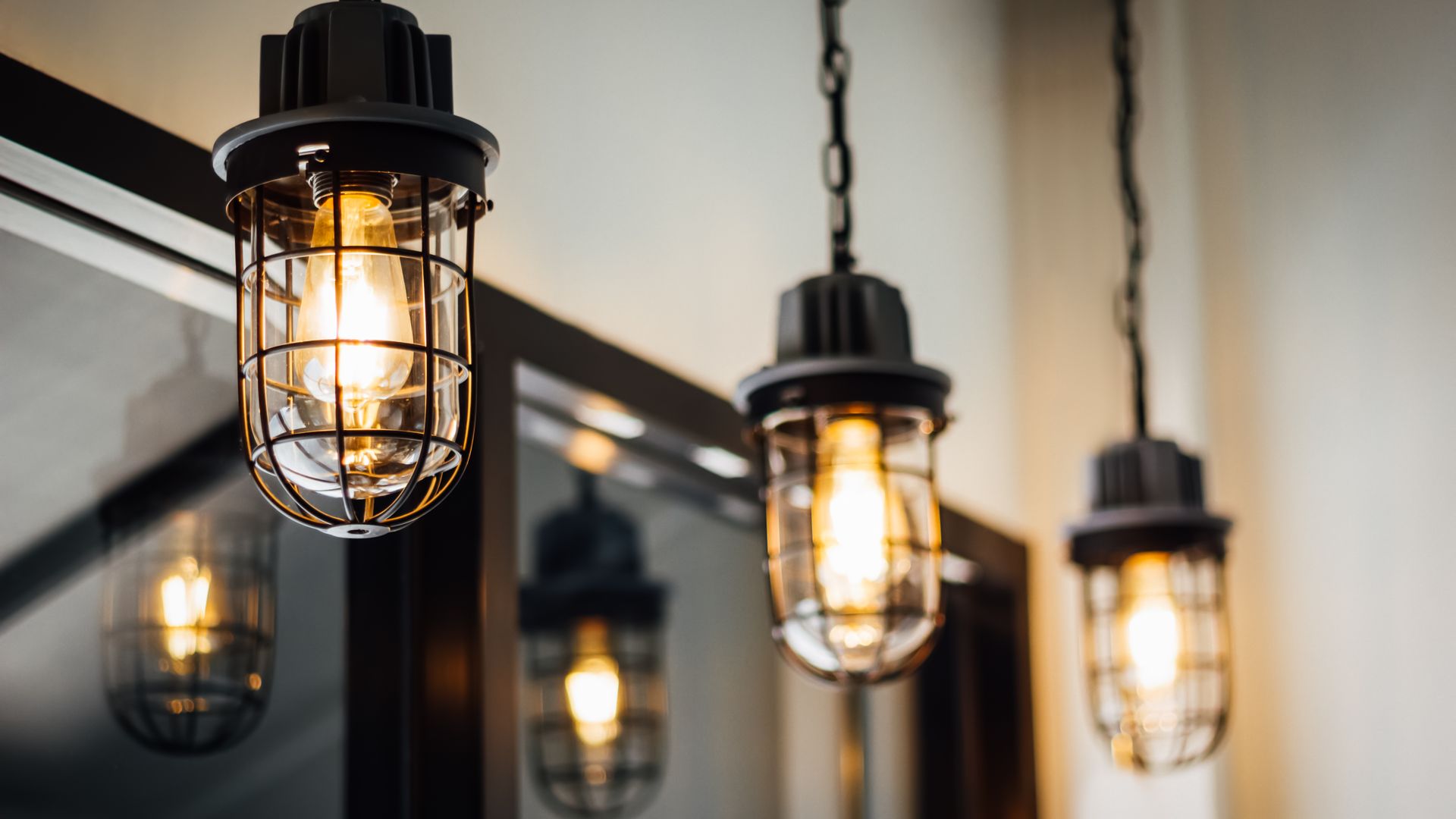There are multiple causes of electric home fires, and each has the potential for the loss of thousands of dollars worth of property. It’s important for you to ensure that your home’s wiring is properly maintained to prevent such damages and tragedies. An electrical system will usually signal when there are potential issues. If you notice any of these warning signs, it may be time to call an electrician to order an inspection.
- Frequent blown fuses
- An over-fused panel
- Flickering lights that indicate an overloaded or loosely-connected circuit
- Hot switch plates, cords or plugs
- Light bulbs that frequently burn out in the socket
- Buzzing/sizzling sounds
- A burning smell
- Sparks from an outlet when you plug or unplug a cord
- Electrical shock when you touch a cord
Does Homeowners Insurance Cover Electrical Problems?
Electrical problems in the home are covered by homeowners insurance unless you have a home that uses an old wiring type such as knob-and-tube or aluminum. Outdated electrical wiring is more likely to malfunction. Homeowners insurance will outright deny claims for electrical problems when this wiring is present or make the owners purchase a special rider/endorsement for knob-and-tube and aluminum wiring.
Knob-and-Tube and Home Insurance
If your house has the old system of knob-and-tube electrical wiring, you’ll likely face problems trying to get homeowners insurance. And if you do manage to get insured, your premiums will probably be much higher. The main reason this wiring is unsafe is because of the system’s lack of a grounding conductor.
This can cause significant damage to appliances in the kitchen and bathroom that are at risk of coming in contact with water. Long-term exposure to the elements also leaves the wiring vulnerable to exposure. You’ll have to hire an experienced electrician to inspect your entire house. Other reasons insurance providers are wary about knob-and-tube wiring:
- General wear and tear
- Damage and cracking
- Frayed wires
- Brittle, flaky, fragile insulation
- Dangerous modifications
- Overheating and fire risks
- Modern technology exceeding original supply design
Aluminum Electric Wiring and Insurance
Aluminum electrical wiring has been widely used since the ’60s and ’70s in the construction of homes. Electrical contractors know that aluminum wiring has a 60x higher fire risk than copper wiring. This is why it’s more difficult to get insurance if your electrical wiring system is made of aluminum.
Aluminum wiring tends to overheat and break down faster. Here’s why aluminum wiring is dangerous:
Aluminum wires are less ductile: Aluminum wires break down faster when they’re bent. In this state, the wires become weaker, and this makes them deteriorate faster. This may cause excessive heating that can lead to a fire in your house.
Aluminum wires are softer and have a higher electrical resistance: Aluminum wires have a higher malleability. In addition, they already have higher electrical resistance, so they need to be larger in diameter. Damaged wires increase the risk of overheating that may lead to a fire on your property.
Aluminum wires are prone to deformation: Aluminum wire undergoes galvanic corrosion when exposed to moisture and increases the speed of the wire’s deterioration. Consequently, the deteriorated wire will increase the chance of fire.
In order to ensure that your home is covered by your homeowners policy for electrical issues and that you get the most cost-effective rates available, it’s best to have licensed commercial electrical contractors come check out the type of wiring running through your house.
Whether you need a quick repair or a more in-depth job performed at your home or business, contact the experts at Bailey & Shipp Electric for all your electrical needs. We offer 24/7 emergency services. Call us at (410) 457-3507 or fill out our contact form to schedule an appointment or service call. We serve clients in Washington, DC, and Northern Virginia, VA.
